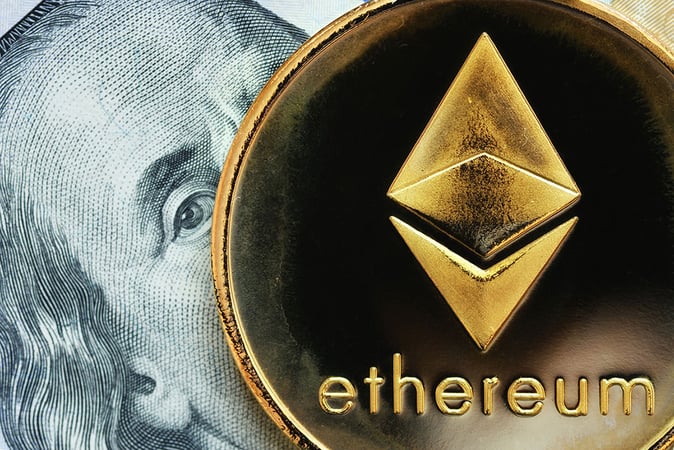Grayscale Files for New Ether Futures ETF Following Recent Legal Victory
Grayscale Investments, the world’s largest digital asset manager, has filed for a new Ethereum (Ether) futures-based exchange-traded fund (ETF) following a recent legal victory. This move marks another breakthrough for the crypto industry, as it continues to gain mainstream acceptance.
Grayscale’s application comes after the US Securities and Exchange Commission (SEC) gave its approval for a Bitcoin futures-based ETF earlier this month. The regulatory agency’s decision has paved the way for similar investment products tied to cryptocurrencies.
Ether, the second-largest cryptocurrency by market capitalization, has gained significant traction in recent years, primarily due to the success of decentralized finance (DeFi) and non-fungible tokens (NFTs). Grayscale’s decision to launch an Ether futures ETF reflects the growing demand for exposure to this popular digital asset.
An ETF is a type of investment fund that tracks the performance of an underlying asset or index. It allows investors to gain exposure to that asset without directly owning it. ETFs are popular among traditional investors as they provide liquidity, diversification, and ease of trading, making them an attractive option for those interested in cryptocurrencies.
Grayscale’s new Ether futures ETF aims to provide a vehicle for investors who want to participate in Ether’s price movements without directly owning the cryptocurrency. Instead, the ETF will track the performance of Ether futures contracts, allowing investors to speculate on the future price of Ether.
This recent legal victory for Grayscale marks a significant step forward for the crypto industry. As more investment products tied to cryptocurrencies gain regulatory approval, it signals a growing acceptance and recognition of digital assets as a legitimate investment class.
However, it is worth noting that the SEC has yet to approve a physically-backed Bitcoin or Ether ETF. The current ETF applications are based on futures contracts rather than the actual cryptocurrencies. While this is a positive development for the industry, many investors and industry experts remain hopeful for a physically-backed ETF, as it provides direct exposure to the underlying asset.
Nevertheless, the introduction of cryptocurrency-related ETFs could potentially attract a new wave of investors who were previously hesitant to invest in digital assets due to regulatory concerns. The availability of regulated investment products tied to cryptocurrencies opens up opportunities for traditional investors seeking exposure to the fast-growing crypto market.
Grayscale’s move to file for an Ether futures ETF also highlights the growing competition in the crypto investment space. The SEC has received numerous ETF applications from different companies, indicating the race to capitalize on the demand for regulated cryptocurrency investment products.
As the regulatory environment evolves, it is expected that more investment products tied to digital assets will be approved. This will not only offer investors a wider range of options but also enhance the overall liquidity and stability of the crypto market.
In conclusion, Grayscale’s recent filing for a new Ether futures ETF marks another milestone for the crypto industry. With regulatory approval for similar Bitcoin futures-based ETFs, it is evident that the demand for cryptocurrency investment products is growing rapidly. As the market awaits further regulatory decisions, the introduction of ETFs tied to digital assets could bring significant opportunities for both traditional and new investors alike.
